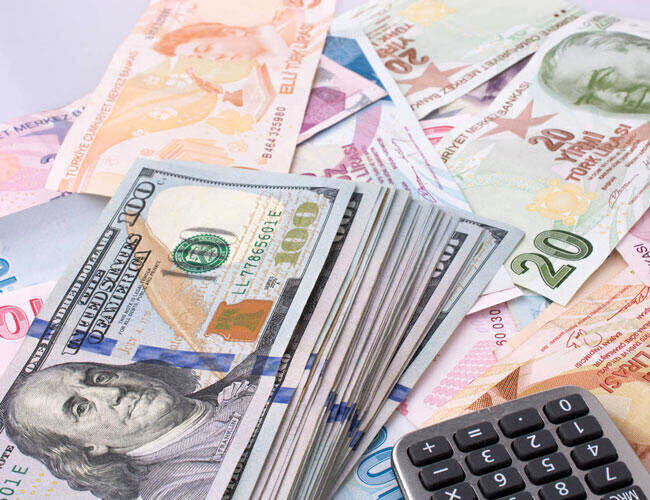Foreign debt falls 0.8%: CBI

TEHRAN – The latest data released by Central Bank of Iran (CBI) show that the country’s foreign debt stood at $9.067 billion at the end of the eighth Iranian calendar month of Aban (November 21, 2021), down 0.8 percent from $9.142 billion at the end of the previous year (March 20, 2021).
From the total foreign debt, $6.619 billion was mid-term and long-term debts while $2.447 billion was short-term debts, the data indicated, IRIB reported.
Iran’s external debt stood at $9.031 billion at the end of the sixth Iranian calendar month of Shahrivar (September 22, 2021), down 1.2 percent from $9.142 billion at the end of the previous year.
Some $6.574 billion of the total foreign debt in the mentioned period was mid-term and long-term debts while $2.457 billion was short-term debts.
External debt is the portion of a country's debt that is borrowed from foreign lenders including commercial banks, governments, or international financial institutions. These loans, including interest, must usually be paid in the currency in which the loan was made.
Foreign debt as a percentage of Gross Domestic Product (GDP) is the ratio between the debt a country owes to non-resident creditors and its nominal GDP.
Back in January 2021, Deputy Minister of Finance and Economic Affairs Mohammad-Ali Dehqan Dehnavi had said the country’s foreign debts were very insignificant.
“Currently, the volume of Iran's foreign debt is extremely small due to the existing restrictions,” said.
The official noted that using foreign debts could be a positive opportunity, meaning that the government can borrow from abroad and invest inside the country.
According to Dehnavi, most of the government’s debts are internal.
Having external debts is important globally, but it is not currently important for Iran since the country has almost no foreign debts.
Iran’s external debt has been falling in recent years following a downward trend.
EF/MA
